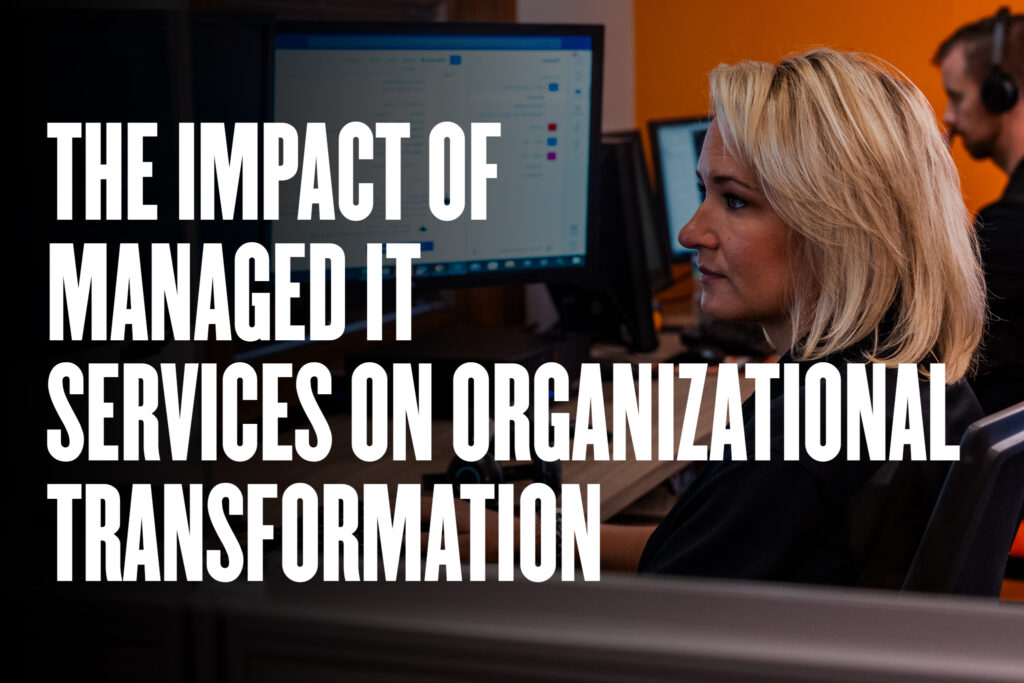
Unlocking Efficiency: The Impact of Managed IT Services on Organizational Transformation
In today’s fast-paced, competitive business landscape, the need for efficiency is more crucial than ever. Organizations across Michigan are continually seeking ways to streamline operations, boost productivity, and stay ahead of the competition. One solution that has emerged as a game-changer in this pursuit is Managed IT Services. Let’s delve into how these services are revolutionizing workflows, enhancing productivity, and paving the way for a more agile and responsive organizational structure.
1. Streamlining Workflows
Managed IT Services play a pivotal role in streamlining workflows by ensuring that technology aligns seamlessly with business processes. Through proactive monitoring and maintenance, potential issues are identified and resolved before they disrupt operations. This preemptive approach minimizes downtime, allowing employees to focus on their tasks without interruption.
Imagine a scenario where your computer system encounters a glitch during a critical project. With Managed IT Services, such issues are addressed swiftly, preventing prolonged downtimes that can hinder workflow and impact project deadlines. This proactive maintenance not only saves time but also reduces the frustration and stress associated with technical disruptions.
2. Enhancing Productivity
Managed IT Services contribute significantly to enhancing overall productivity within an organization. By outsourcing routine IT tasks to professionals, internal teams can direct their energy towards core business activities. This shift not only boosts efficiency but also allows employees to engage in tasks that align with their expertise, ultimately fostering a more productive work environment.
Moreover, the implementation of cloud-based solutions by managed service providers enables employees to access data and applications from anywhere, at any time. This flexibility in working arrangements can lead to increased productivity, especially in today’s landscape where hybrid and remote work is increasingly the norm.
3. Paving the Way for Agility and Responsiveness
In the ever-evolving business landscape, adaptability is key to success. Managed IT Services contribute to organizational agility by providing scalable solutions that can grow alongside the business. Whether it’s expanding operations, integrating new technologies, or adapting to market changes, these services offer the flexibility needed to stay ahead of the curve.
Additionally, the rapid response capabilities of managed service providers ensure that any emerging IT challenges are addressed promptly. This level of responsiveness is vital in a world where technology is a cornerstone of business operations. Organizations can navigate uncertainties with confidence, knowing that their IT infrastructure is in capable hands.






